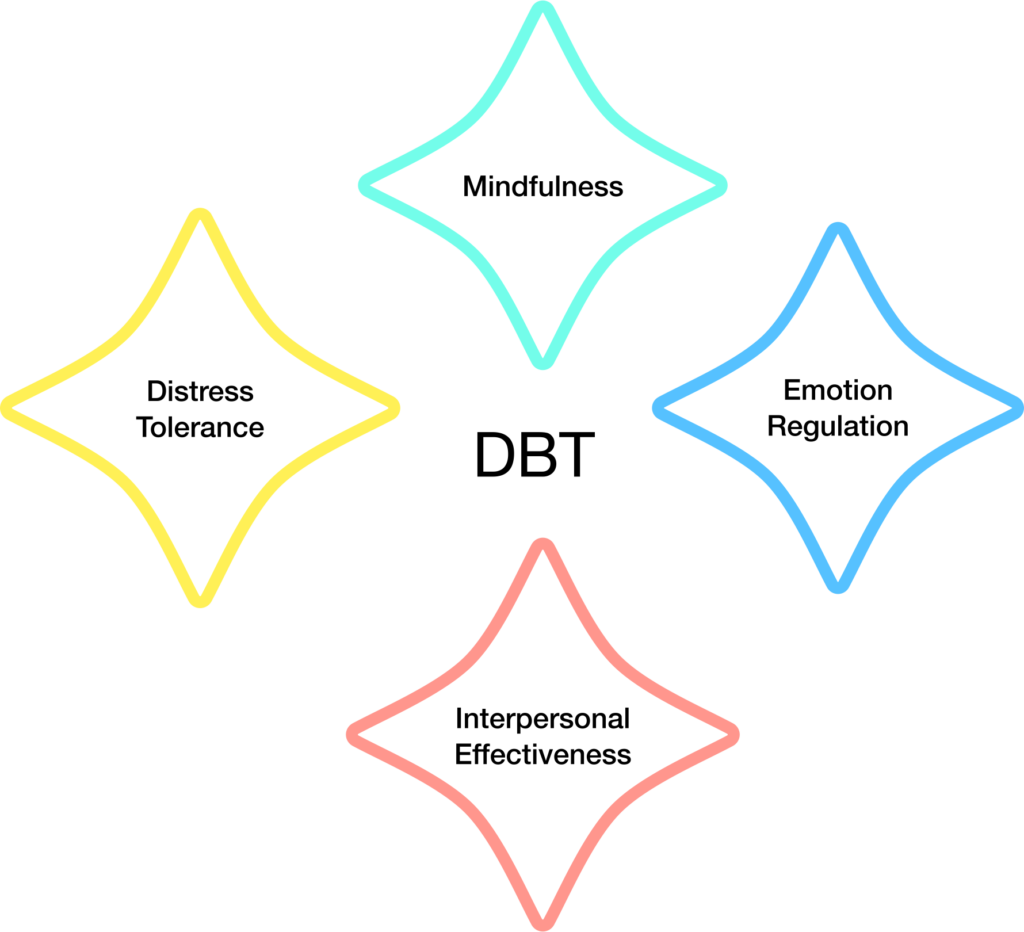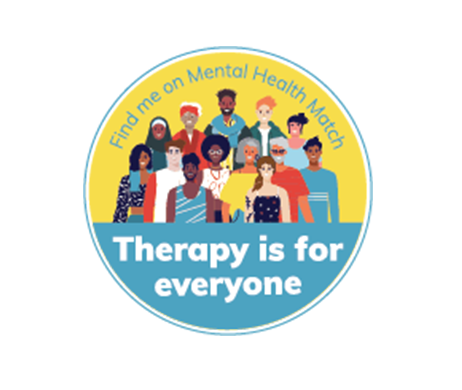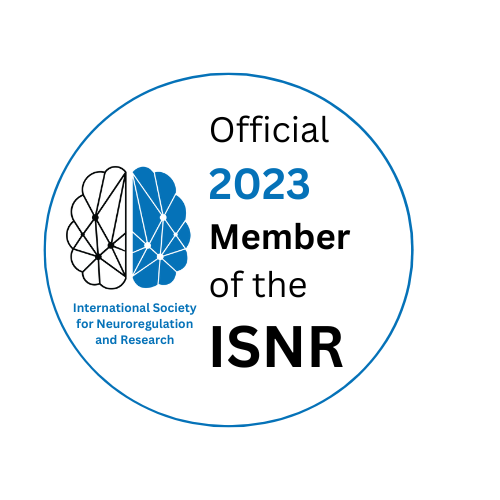
More About CBT and DBT Interventions for Stress, Anxiety and Depression
Times of change and transition are notably difficult because we often feel less in control, and things are less predictable or certain. Oftentimes that creates feelings of anxiety, and can also trigger insecurities and lack of confidence. During those times, when we should be most understanding and gentle with ourselves, we can feel frustrated, and lean on coping skills that are not useful anymore in our new situation. Understanding our process- why we respond to certain feelings or thoughts the way we do, is a big part of learning to cope differently.
Cognitive Behavioral Therapy (CBT) and Dialectical Behavioral Therapy (DBT) can be great interventions to help with relief from symptoms of stress, anxiety and depression. These can all come along with change and life transitions, or just as a result of the various ways we suffer in life that pile up over time.
CBT is a technique that we use to better understand the way that our feelings, thoughts and behaviors interact with one another to create or maintain unhealthy patterns. The more we can understand how our thoughts and feelings interact, the more power we have over changing our behaviors, or the way to react to our thoughts and feelings. Understanding our own process gives us the chance to create space to disrupt this process, and put into place new thoughts and behaviors that may create better outcomes for ourselves.
DBT is a set of skills that are often used with individuals who are really struggling with their emotions. We may use the concepts of DBT despite the fact that you may not be dealing with severe behavioral or emotional problems, as these skills can be helpful when emotions feel unmanageable, or “too big”. The concepts of DBT are Emotion Regulation, Interpersonal Effectiveness, Distress Tolerance, and Mindfulness.
- Emotion Regulation skills serve to help us in understanding and decreasing our vulnerability to emotions, and changing our response to undesirable emotions.
- Interpersonal Effectiveness aims to help with maintaining relationships, increasing our self respect in relationships, and communication skills.
- Distress Tolerance helps us work on accepting reality as it is, and aids in getting through difficult or crisis situations without worsening the situation.
- Mindfulness is being aware of the present moment without judging it, which helps us to facilitate new ways of relating to our emotional experience.
CBT and DBT skills may be woven into our therapy together as we explore your thoughts and feelings about the things that are bothering you in your life. By no means are these the only way that we work through these difficulties, but they can be a good framework to help you to initiate change in the way you are currently coping or relating.
More Resources about CBT and DBT:
Article explaining CBT





